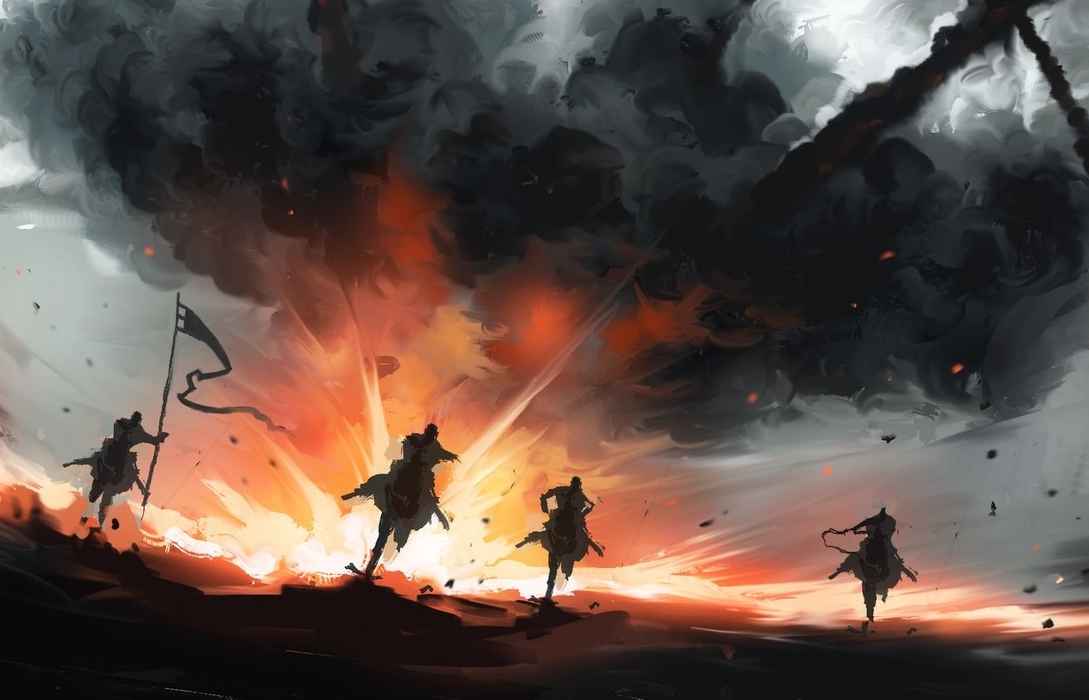Difference between revisions of "Melf's Minute Meteors (spell)"
Tao alexis (talk | contribs) (→Origin) |
Tao alexis (talk | contribs) |
||
| Line 1: | Line 1: | ||
[[File:Melf's Minute Meteors (spell).jpg|right|560px|thumb]] | [[File:Melf's Minute Meteors (spell).jpg|right|560px|thumb]] | ||
| − | '''Melf's Minute Meteors''' (/''my-NOOT''/) | + | '''Melf's Minute Meteors''' (/''my-NOOT''/) summons a group of small meteoric stones. Each stone deals 1-4 damage to a target creature within the area of effect. The caster can distribute the stones among targets as they wish, with a maximum of '''three'' stones hitting a single target. All stones take up to '''six''' seconds to fall. |
{{Spelltable | {{Spelltable | ||
Revision as of 18:24, 1 October 2023
'Melf's Minute Meteors (/my-NOOT/) summons a group of small meteoric stones. Each stone deals 1-4 damage to a target creature within the area of effect. The caster can distribute the stones among targets as they wish, with a maximum of three stones hitting a single target. All stones take up to six seconds to fall.
| Range | 10 ft. per level |
| Duration | 1 round |
| Area of Effect | 25 ft. radius circle; 1 meteor per level |
| Casting Time | 2 rounds |
| Saving Throw | none |
| Level | mage (3rd) |
Since the time between the spell's discharge and the actual striking of the stones is two seconds or less, it's understood that the meteors are magically conjured some 30 to 60 ft. above their targets. Thus it stands to reason that the spell cannot be cast except in the outdoors, where meteors may conceivably fall.
There is no saving throw for the damage done, and the effect happens too rapidly to allow most creatures to seek shelter or attempt to interpose their shields. However, those persons wearing ring mail or better metal armours subtract 1 point of damage from each meteor that hits.
Once striking, the meteors shatter and disappear, leaving no evidence of their existence.
Origin
Melf Ithilvandil, also Moonstaff, was an Elvish archmage who lived during the collapse of Old Ulthua and is believed to have died at the battle of Silver Lake in 501 BCE. The arcane texts containing his spells defied interpretation for a thousand years, until much was resolved by Simon Magus. He is often called the "Father of Magic," as comprehension of Ithilvandil's works are believed to be the inspiration for modern spellcasting.
